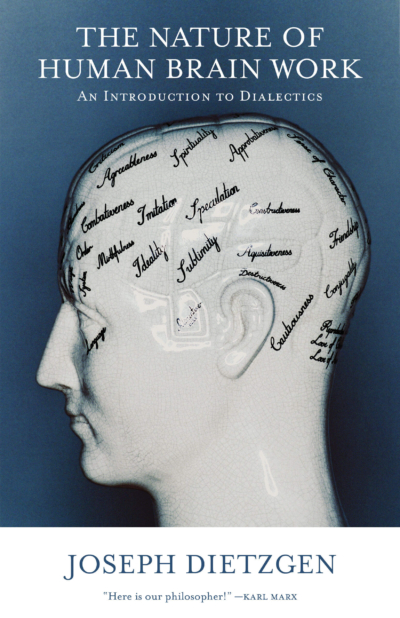Since Predator Came by Ward Church
Original price was: £10.01.£6.00Current price is: £6.00.
Since Predator Came: Notes from the Struggle for American Indian Liberation by Ward Church
Description
– some water damage on the copy!
When I read “Since Predator Came” by Ward Churchill, I was not surprised by the subject matter of the series of articles by Ward Churchill which appeared in academic journals from the 1980s to the mid 1990s. What I was surprised by was how much I enjoyed the book. Churchill pushes for an “Indigenist” worldview, in which all people have a right to self determination and land stolen illegally by conquerors, no matter where they are. In such a world, no state could arise and the world would be “balkanized” into thousands of homelands, ruled by local councils, similar to many anarchist viewpoints. His call for tactics of “US Off the Planet” instead of “US out of Iraq”, by making the United States abide by its treaty obligations that it made to American Indians centuries ago seem a little far-fetched, but Churchill admits it could be just one of many tactics. Churchill, for any who doesn’t know, is a long time Indian activist, writer, and professor at Colorado State University, and recently made national headlines by comparing the people who died in the 9-11 attacks to “little Eichmans” who were not entirely innocent.
Churchill’s argument is pretty convincing. He talks about Natives using legal tactics of forcing the government to abide by its broken treaties to recover land, specifically citing the Iroquois and the Ogalwa Sioux. He also has a fascinating chapter where he makes the argument that the human species came from the Americas, not Africa, and people migrated from the Bering Strait into Asia and across Greenland into Europe hundreds of thousands of years ago. He also cites non-North American struggles who fought both Communists and Capitalists, like the h’Mong of Southeast Asia during the Vietnam War, and the Miskito Indians in Nicaragua (who at first supported the Sandinista revolution but then turned against it when the Sandinistas betrayed their word about giving Indigenous peoples self determination, and also fought the Contra counter-revolutionaries.)
What is lacking from the book is how non-Indigenous peoples can support the struggles of Indigenous, especially in America. However, that isn’t really what the book is about, so I don’t blame him for leaving that out. He does touch briefly by stating that, in North America at least, Indians do not see race quite the same way, not so much as blood. In other words, whites and blacks, like they did in the case of the Seminoles in the 1830s, could “become Indians” if Indian nations got their land back. I’m not sure how this would really work, and I also am a little suspect of tearing down industry, but otherwise Ward Churchill’s collection of essays in “Since Predator Came” is a worthwhile read indeed.
Additional information
| Weight | 0.730000 kg |
|---|





